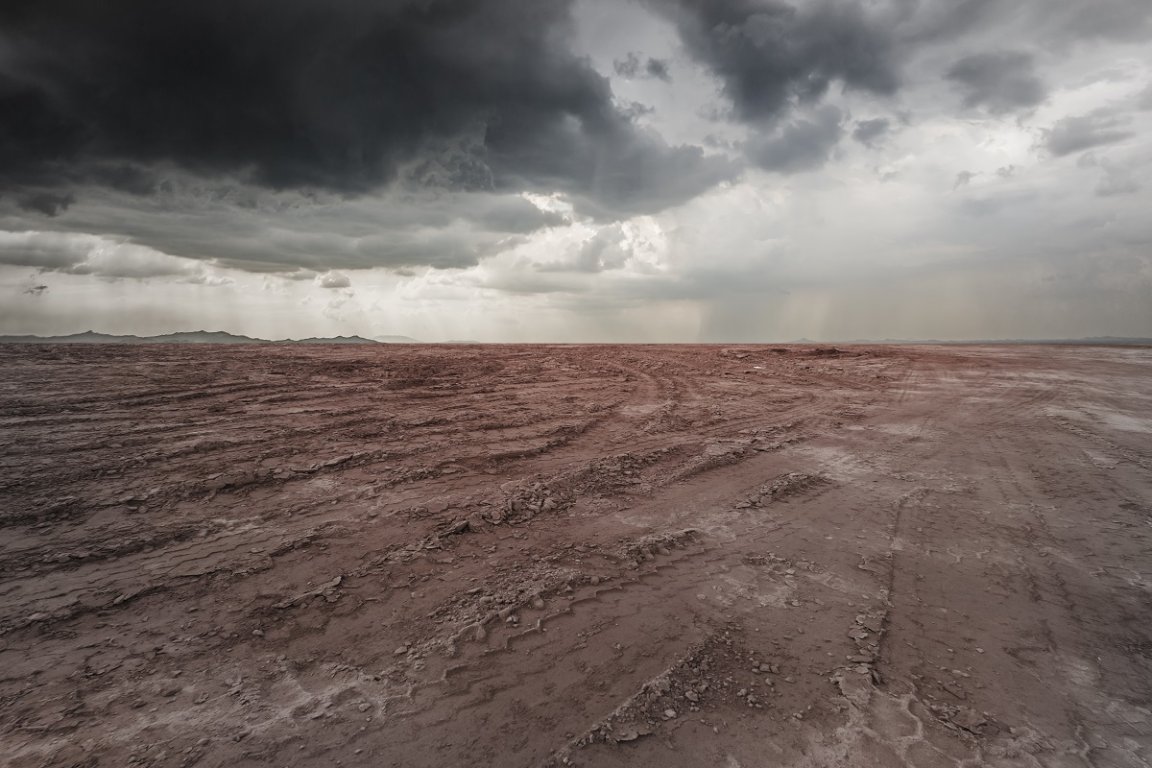
Wasteland Warriors
The world’s land masses are, a new super-charged climate model suggests, going to form into one giant supercontinent — and if humans manage to survive the shift, we will become like the inhabitants of Arrakis, the desert planet at the heart of the “Dune” series.
A new study led by researchers at the University of Bristol and published in the journal Nature Geosciences predicts that over the next 250 million years, the continents will shift to form what they’re calling “Pangea Ultima,” an uber-hot supercontinent that will be inhospitable to most mammals due to the conditions that made it.
Specifically, the environmental and geophysical researchers predict in their study that the volcanic activity from the tectonic shifting — and the subsequent rise in carbon dioxide to potentially more than double Earth’s current levels — would make most of the land on Pangea Ultima “barren,” according to a Nature summary of the study.
As the University of Bristol noted in its press release about the unsettling research, the school’s state-of-the-art climate modeling supercomputer found that the planet will, during the creation of Pangea Ultima, run an average of more than 100 degrees Fahrenheit due to CO2 being shot into the atmosphere from tectonic volcano activity.
To make matters worse, the Sun will likely become 2.5 percent more luminous during the time period when Pangea Ultima is forming, which will lead to increased solar radiation that makes things even hotter — eradicating not just mammalian life as we know it, but most plant life as well.
Just Deserts
Lead study author Alexander Farnsworth told Nature that although humans might survive long enough to walk on Pangea Ultima, they will be more like the humans depicted in Frank Herbert’s seminal sci-fi series “Dune,” which depicts the hardscrabble lives of the indigenous desert-dwelling Fremen people.
“Do humans become more [specialized] in desert environments, become more nocturnal, or keep in caves?” Farnsworth mused. “I would suspect if we can get off this planet and find somewhere more habitable, that would be more preferable.”
As terrifying as the prospect sounds, German geologist Hannah Davies, who was not involved with the study, pointed out that extinction events have happened repeatedly in Earth’s history, and no doubt will again.
“There have been extinction events in the past, and will be extinction events in the future,” Davies, who is based at the GFZ German Research Centre for Geosciences, told Nature. “I think life will make it through this one. It’s just kind of a grim period.”
Curiously, the school’s modeling did not take human-caused carbon emissions into account, Nature noted.
More on supercontinents: Pink Diamonds Emerged When a Supercontinent Broke Up, Scientists Say